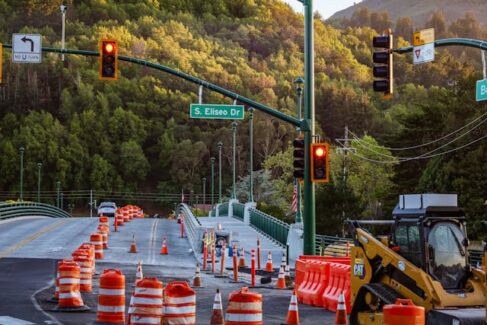
Individuals who sustain injuries due to hazardous conditions on a property may be entitled to file a claim against a negligent property owner. However, the law classifies patrons and guests differently which affects whether they can file a claim. They classify them differently to establish what degree of duty a property owner owes them. It is imperative to understand what classification you may fall under to determine whether you can file a premises liability claim. In the unfortunate event that you or someone you care about has been injured due to a property owner’s negligence, contact an accomplished Prince George’s County Slip and Fall Lawyer who can help you determine what degree of duty a property owner owes you. Allow our firm to help you seek the justice you deserve.
How is an invitee different from a licensee?
Premises liability stipulates that a property owner owes certain patrons and visitors a legal duty of care. Essentially, this means property owners are required to maintain safe premises by remedying any hazardous conditions to prevent injuries and ensure safety for all that enter the premises. If a property owner fails to maintain a safe environment serious accidents may occur. Property owners who breach their duty can be held liable for any damages that occur as a result of their negligence. However, there are only certain patrons and visitors who can file a premises liability claim to recover monetary compensation for their damages. To determine whether a property owner owes a patron or visitor a standard duty of care, the law classifies guests as follows:
- Invitee. An invitee is a person who has explicit permission to be on a property. They have been invited by the property owner. They are typically on the property for business or commercial purposes.
- Licensee. A licensee is a person that has implied permission to be on a property. Licensees are usually invited by an invitee as they are typically on a property for social purposes.
- Trespasser. A trespasser is an individual who does not have permission to enter a property. Trespassers typically enter a property without consent.
The law stipulates that invitees, individuals with explicit permission to be on a property are owed the highest duty. Even though licensees have limited permission to be on a property, they are still owed a duty of care by property owners. In most cases, trespassers are not owed a duty of care by a property owner as they did not have consent to enter a property. However, in certain cases, a trespasser may be able to hold a negligent property owner responsible for their damages. The only time a trespasser can file a claim against a property owner is if they willfully or intentionally injured the trespasser.
Ultimately, both invitees and licensees are entitled to file a claim against a negligent property owner. If you are classified as an invitee or a licensee and have been injured due to the negligence of a property owner, reach out to one of our dedicated team members. Our firm is committed to helping our clients achieve favorable results.


